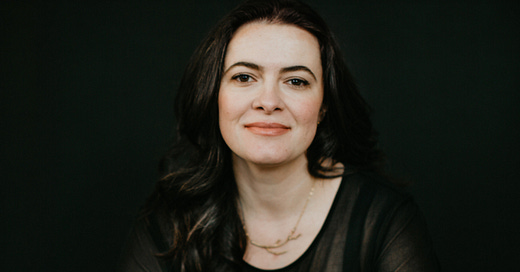Finding Your Inner Mentor (Tara Mohr)
Listen now (67 mins) | "I got really interested in that gap and started to work with people with those clients around the inner critic..."
You can also find this episode on Spotify, or wherever you get your podcasts.
Tara Mohr is a coach, educator and the author of Playing Big: Practical Wisdom for Women Who Want to Speak Up, Create, and Lead, which is celebrating its 10th birthday this fall. I first met Tara a decade ago and was so taken with her and her insights that we did four stories t…
Keep reading with a 7-day free trial
Subscribe to Pulling the Thread with Elise Loehnen to keep reading this post and get 7 days of free access to the full post archives.





